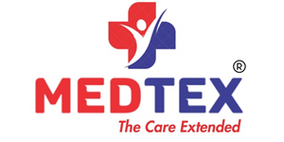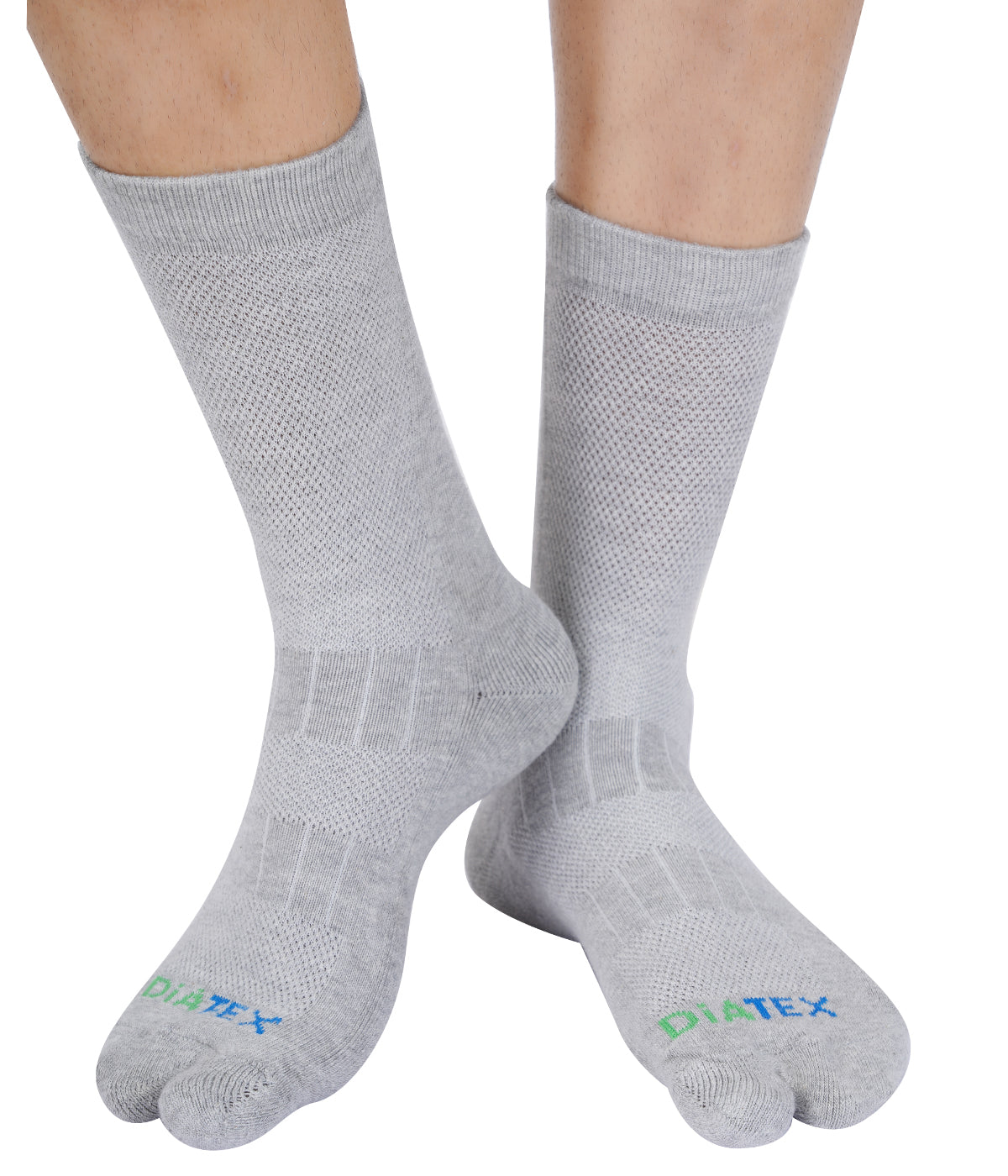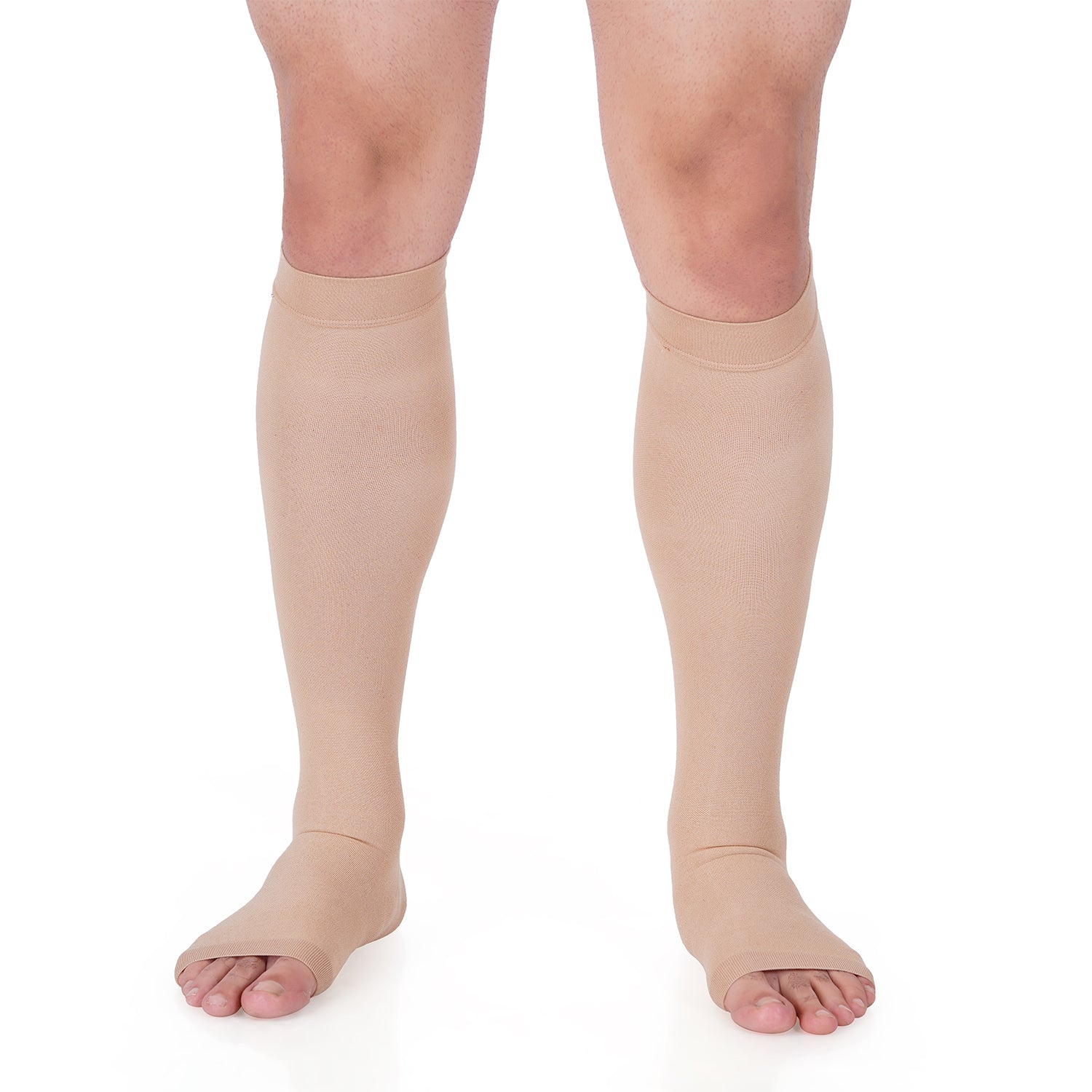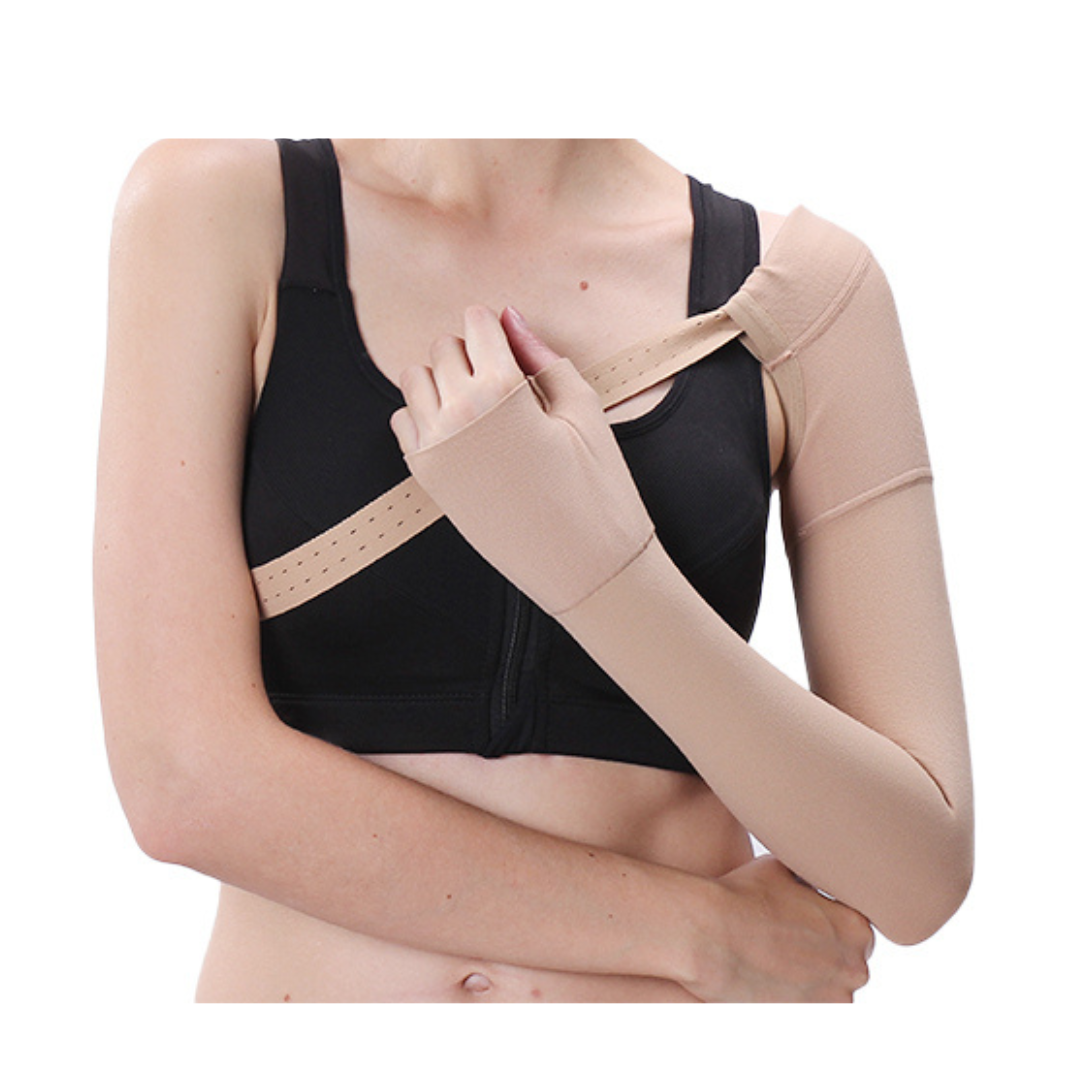Table 1: Outline of the Article
- Introduction
- Understanding Varicose Veins
- Risk Factors for Varicose Veins in Teachers and Professionals
- Importance of Preventing Varicose Veins
- Stay Active and Exercise Regularly
- Take Frequent Breaks and Elevate Legs
- Wear Compression Stockings
- Maintain a Healthy Weight
- Follow a Balanced Diet
- Avoid Prolonged Standing or Sitting
- Stay Hydrated
- Practice Leg-Strengthening Exercises
- Consider Varicose Vein Treatments
- Conclusion
- FAQs
Table 2: Article
Tips for Avoiding Varicose Veins for Teachers and Other Professionals
Are you a teacher or a professional who spends long hours on your feet or sitting? If so, you may be at a higher risk of developing varicose veins. Varicose veins are swollen and twisted veins that often appear in the legs and can cause discomfort and aesthetic concerns. In this article, we will discuss practical tips to help you prevent varicose veins and maintain healthy legs throughout your career.
Understanding Varicose Veins
Varicose veins occur when the valves in your veins weaken or become damaged, leading to poor blood flow and pooling. They are more common in professions that involve prolonged periods of standing or sitting, like teaching and office work. By taking preventive measures, you can reduce your risk of developing varicose veins and related complications.
Risk Factors for Varicose Veins in Teachers and Professionals
Several factors contribute to the development of varicose veins in teachers and professionals. These include long periods of standing or sitting, lack of movement, genetic predisposition, hormonal changes, and obesity. Recognizing these risk factors will help you take proactive steps to avoid varicose veins.
Importance of Preventing Varicose Veins
Preventing varicose veins is crucial not only for maintaining the appearance of your legs but also for preventing potential health complications. Varicose veins can lead to symptoms such as pain, swelling, heaviness, and fatigue. They can also increase the risk of blood clots and venous ulcers. By adopting preventive measures, you can safeguard your leg health and overall well-being.
Stay Active and Exercise Regularly
Engaging in regular physical activity is essential for promoting good circulation and preventing varicose veins. Incorporate exercises that focus on leg strength and flexibility, such as walking, cycling, swimming, and yoga. Aim for at least 30 minutes of exercise most days of the week.
Take Frequent Breaks and Elevate Legs
If your profession requires long periods of standing or sitting, take frequent breaks to move around and stretch your legs. When on breaks or during downtime, elevate your legs above heart level to help improve blood flow and reduce pressure on the veins.
Wear Compression Stockings
Compression stockings provide gentle pressure on the legs, promoting blood flow and preventing blood from pooling in the veins. Consider wearing compression stockings, especially during long working hours. Consult with a healthcare professional to find the appropriate compression level and type for your needs.
Maintain a Healthy Weight
Maintaining a healthy weight reduces the strain on your veins and lowers the risk of varicose veins. Adopt a balanced diet consisting of fruits, vegetables, whole grains, lean proteins, and healthy fats. Limit your intake of processed foods, sugary snacks, and excessive salt, as these can contribute to weight gain and fluid retention.
Follow a Balanced Diet
A diet rich in fiber and antioxidants supports vein health and prevents constipation, which can put pressure on the veins. Include foods like berries, leafy greens, citrus fruits, whole grains, and legumes in your daily meals.
Avoid Prolonged Standing or Sitting
If possible, avoid prolonged periods of standing or sitting in one position. Take short breaks to stretch your legs and change positions frequently. If standing is unavoidable, shift your weight from one leg to the other or use a footrest to reduce strain.
Stay Hydrated
Proper hydration is essential for maintaining healthy veins. Drink an adequate amount of water throughout the day to promote good circulation and prevent dehydration. Limit your consumption of caffeinated beverages and alcohol, as they can contribute to dehydration.
Practice Leg-Strengthening Exercises
Incorporate leg-strengthening exercises into your routine to improve muscle tone and circulation. Exercises like calf raises, squats, lunges, and leg presses can help strengthen the leg muscles and support healthy veins.
Consider Varicose Vein Treatments
If you already have varicose veins or experience persistent symptoms, consult with a healthcare professional. They can recommend appropriate treatments such as sclerotherapy, laser therapy, or minimally invasive procedures to address varicose veins and alleviate discomfort.
Conclusion
As a teacher or professional, taking care of your legs is crucial for your overall well-being and quality of life. By following these practical tips, including staying active, wearing compression stockings, and practicing healthy habits, you can significantly reduce the risk of varicose veins and maintain healthy legs throughout your career.
FAQs
1. Can standing desks help prevent varicose veins?
Standing desks can be beneficial for reducing prolonged sitting, but it's important to alternate between sitting and standing, take breaks, and incorporate movement throughout the day to promote good circulation.
2. Are there any specific exercises to avoid if you have varicose veins?
High-impact exercises like running and jumping may put excessive strain on the veins. It's best to consult with a healthcare professional or a vein specialist to determine which exercises are safe and suitable for your condition.
3. Can diet alone prevent varicose veins?
A healthy diet is an important component of varicose vein prevention, but it should be combined with other lifestyle measures like exercise, leg elevation, and wearing compression stockings for optimal results.
4. When should I seek medical attention for varicose veins?
If you experience persistent pain, swelling, or other symptoms associated with varicose veins, or if they significantly affect your daily activities, it's advisable to consult with a healthcare professional or a vein specialist for evaluation and appropriate treatment options.












